WORDS BY Francesca Chang
For the environmentally-conscious traveler, slow travel has become the new way to see the world. With a belief that travel should be sustainable and leave a positive impact on the environment and surrounding communities, globe trekkers are now choosing to visit places that practice environmental conservation, sustainable development, and the preservation of local culture and traditions.
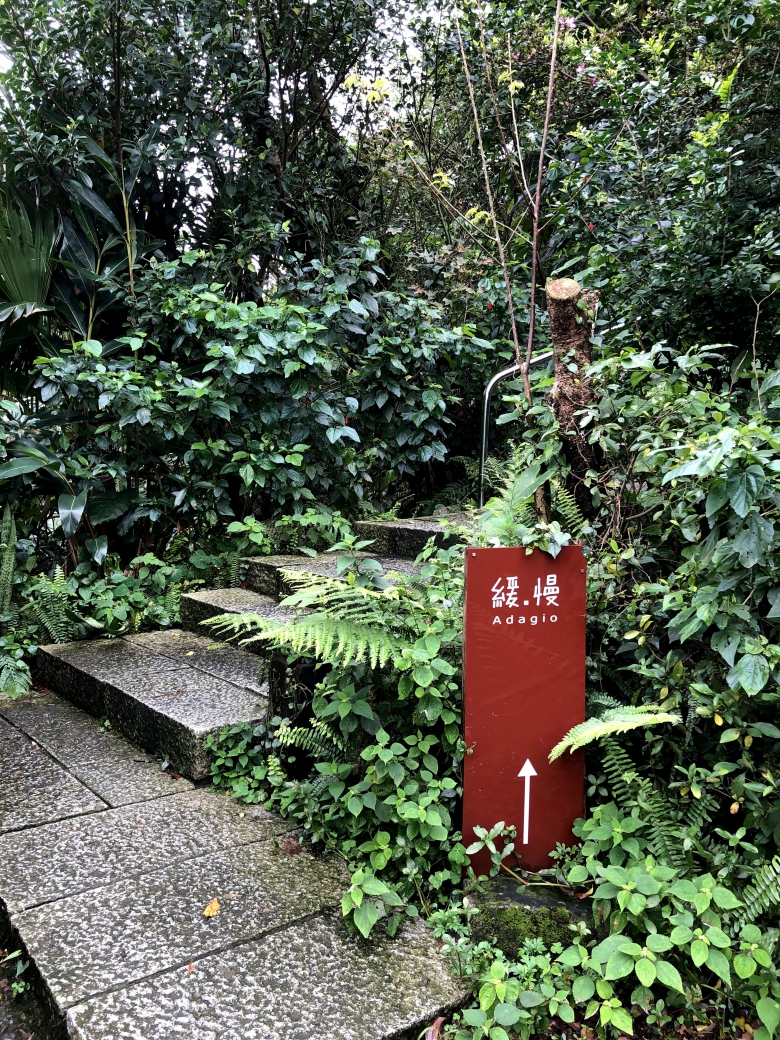
For the founders of the Adagio hotel in Jinguashi, Taiwan, (“Adagio” meaning “in a slow tempo”) slow travel is also an art meant to be experienced leisurely with all five senses. Throughout the month of March, Adagio holds a series of events that allow guests to enjoy a sensory experience for the ears (musical performances), the eyes (art classes), the nose (fragrance and incense workshops), the mouth (wine tasting, for example), and the hands (plant designing classes). I was fortunate to participate in a unique auditory experience, which I share here.
(Read more: Jiufen and Jinguashi: Taiwan’s Golden Getaways)
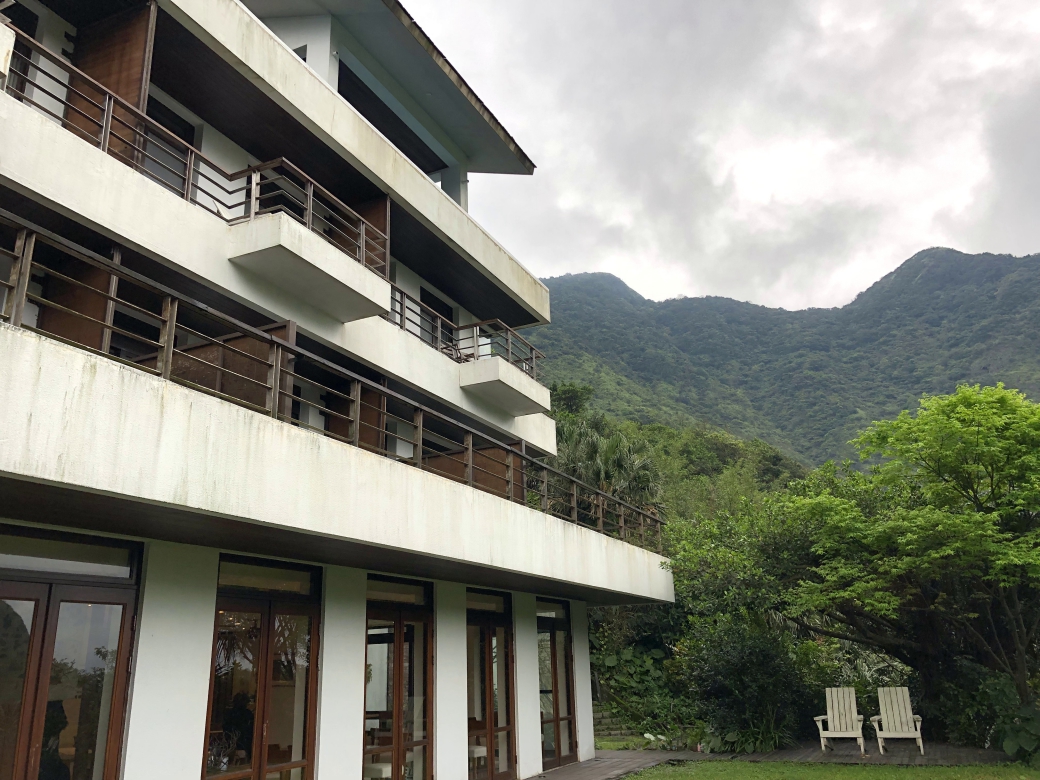
The Adagio hotel in Taiwan is located in Jinguashi, Ruifang, a small, former mining town along the island’s northeast coast. Once known for its riches during the gold mining period of Taiwan, its rich history still entices visitors to leave the modern world and venture into the quiet, coastal mountains. The hotel is located high up in the mountainous roads, not far from the Golden Waterfall. A cozy vicinity with no cable, Adagio is a hotel that creates a sense of community, with a limited number of rooms and group activities that allow you to meet other guests. In fact, on a gloomy, rainy day with nowhere to go high up in the mountains, it felt as if fate had brought this group of strangers together to experience the special musical performance we had all been anticipating.
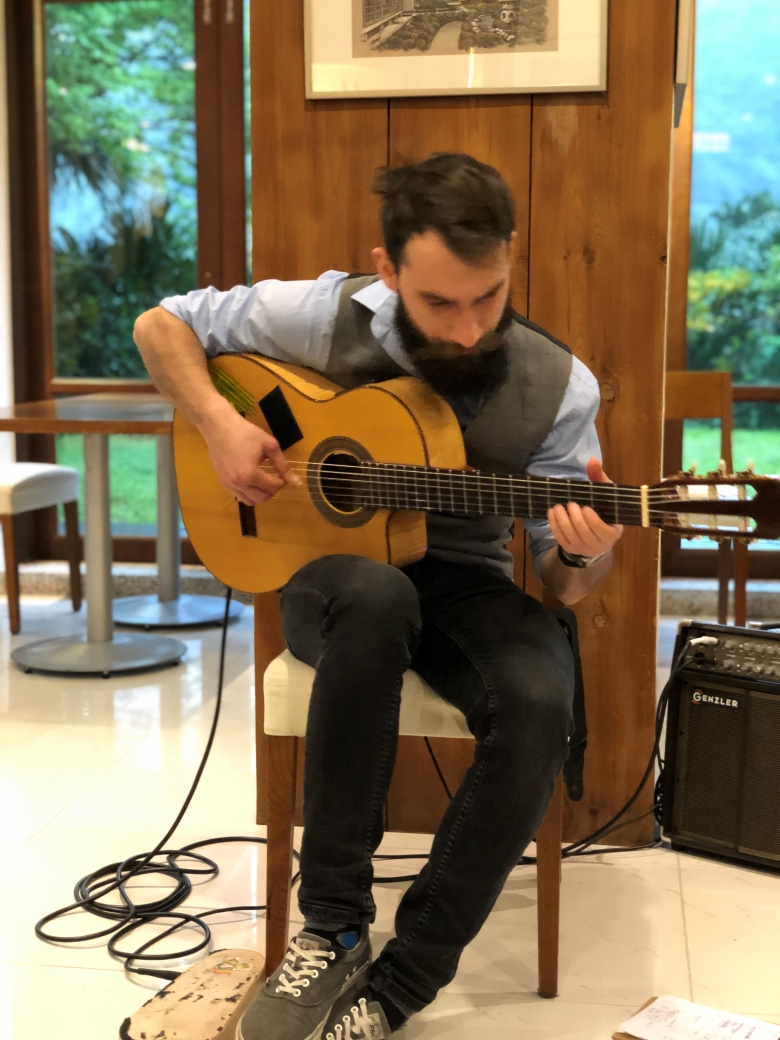
For their “hearing” experience, Adagio had arranged for a guitar player from Slovenia to perform in the afternoon. His name was Mihael Hrustelj, and all of his songs were inspired by the beauty and sounds of nature. While he played songs with titles like “Fallen Leaves,” Flowers in Autumn,” and “Caffeine,” we simultaneously sampled tea, carefully selected and brewed by the tea sommeliers behind us to accompany the songs and enhance our sensory experience. Local desserts like pumpkin-mango cheesecake, green mangoes, and plum wine allowed us to smell, taste, and hear the experience all at once.
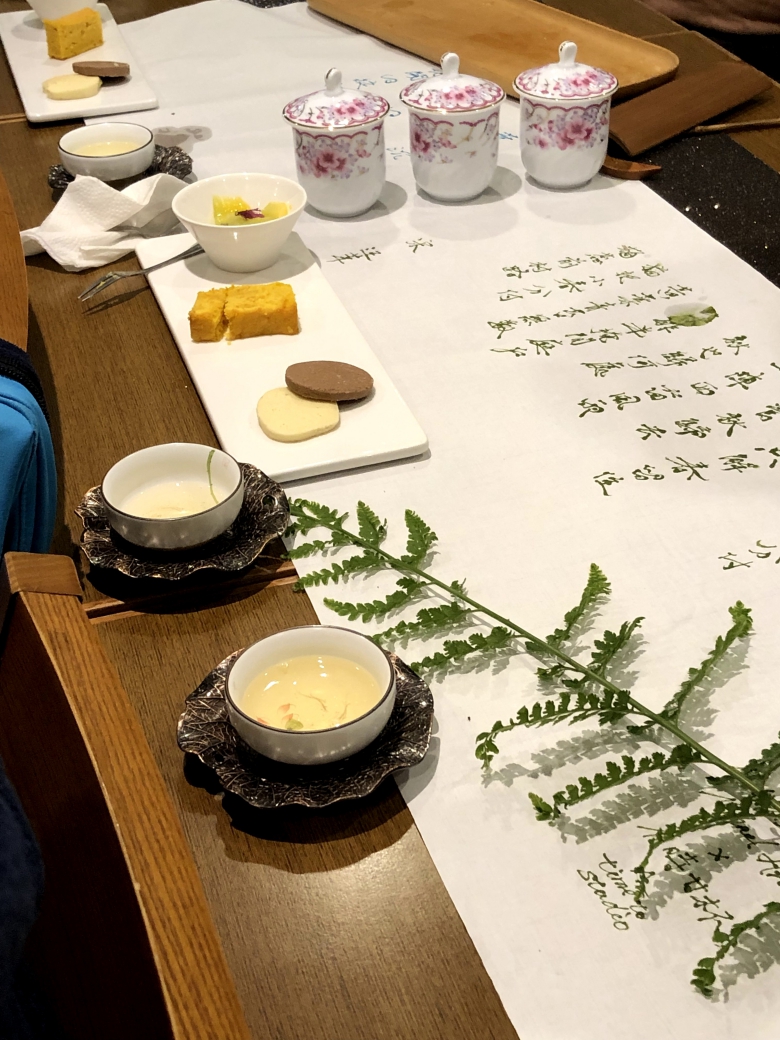
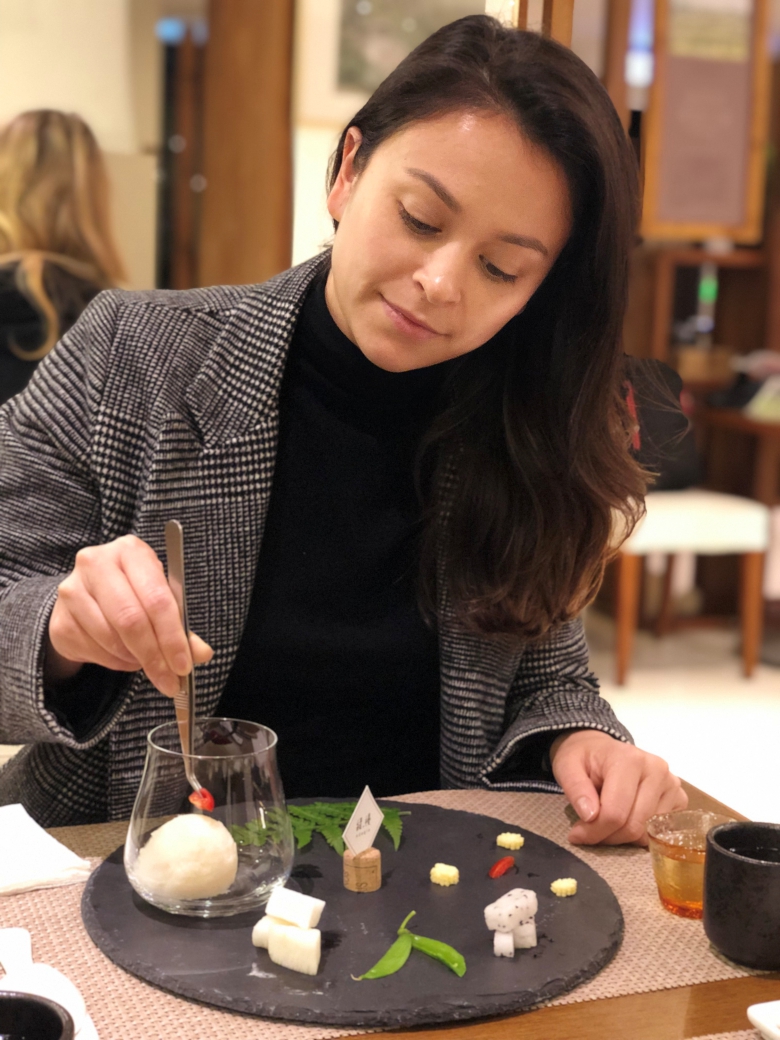
Carefully crafted sweets like cherry blossom gelatin served during the artist’s ode to flower blossoms were just a precursor to Adagio’s skillfully and locally created “slow food” dinner. A seven-course meal that paid tribute to the town’s history and locally sourced ingredients was one of the most creative and artistic dining experiences I had ever had. We were first presented with a slate slab adorned with local ingredients, a small glass jar, and a pair of tweezers. The first course was meant to be interactive, by which guests were meant to design a terrarium in the glass jar using the tweezers to select our own ingredients before eating our beautiful and individual creations. Local squid and fish followed, with presentations meant to honor the local fishermen who provided us with our food on the table: the squid was served on a black dish meant to represent the night during which time the squid was caught; the bright, edamame paste represented the bright lights used to attract the squid; thin, shredded peppers represented the nets used; and the squid was smoked as many fishermen must apply this method to prevent spoilage at sea. Famous cherry duck from Yilan was also served. When this item was brought over to Jinguashi during the mining period, the ducks were free to roam and eat on the fields in a free-range manner. Thus, the duck was served on a top of a green and grainy risotto to paint this sustainable practice. A bowl of pumpkin soup was designed to resemble the town’s revered “Pumpkin mountain” with pumpkin seeds representing the people in the village. And madelines served for dessert provided a gastronomical experience that mimicked miners who succeeded in smuggling gold out of the mines – ingesting gold was the most common way to steal it. Practicing gratitude is a key component of a slow lifestyle, and thus dinner concluded by thanking the entire kitchen staff and the chefs who reinvent this culinary experience every six months.
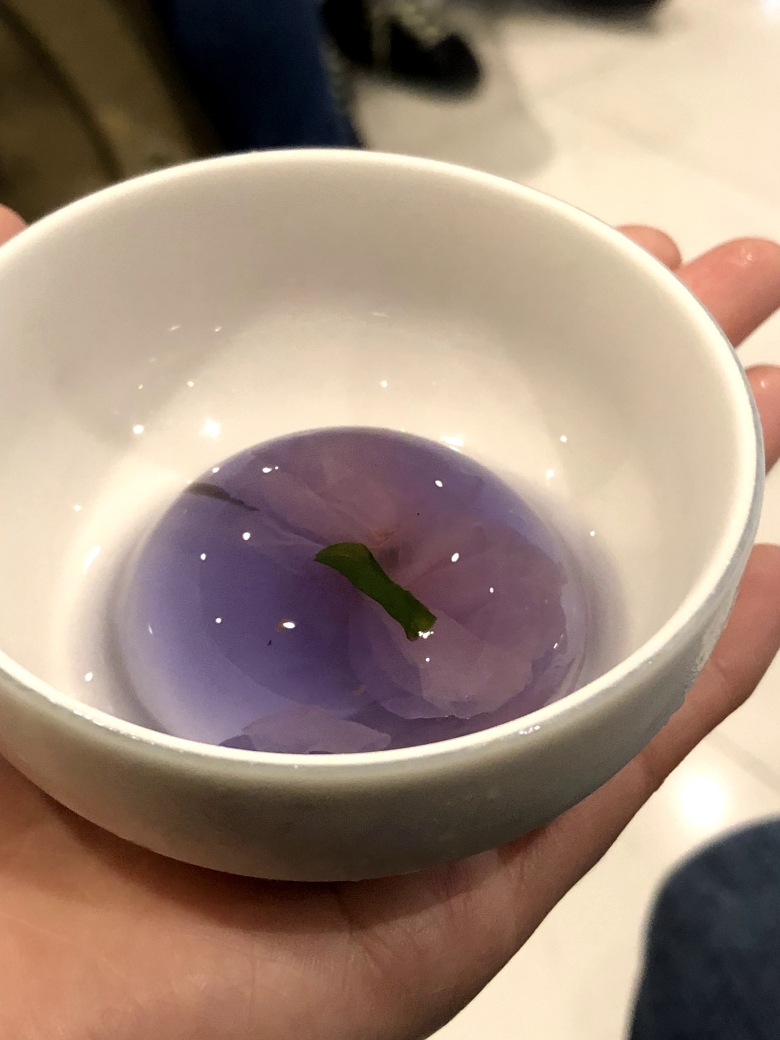
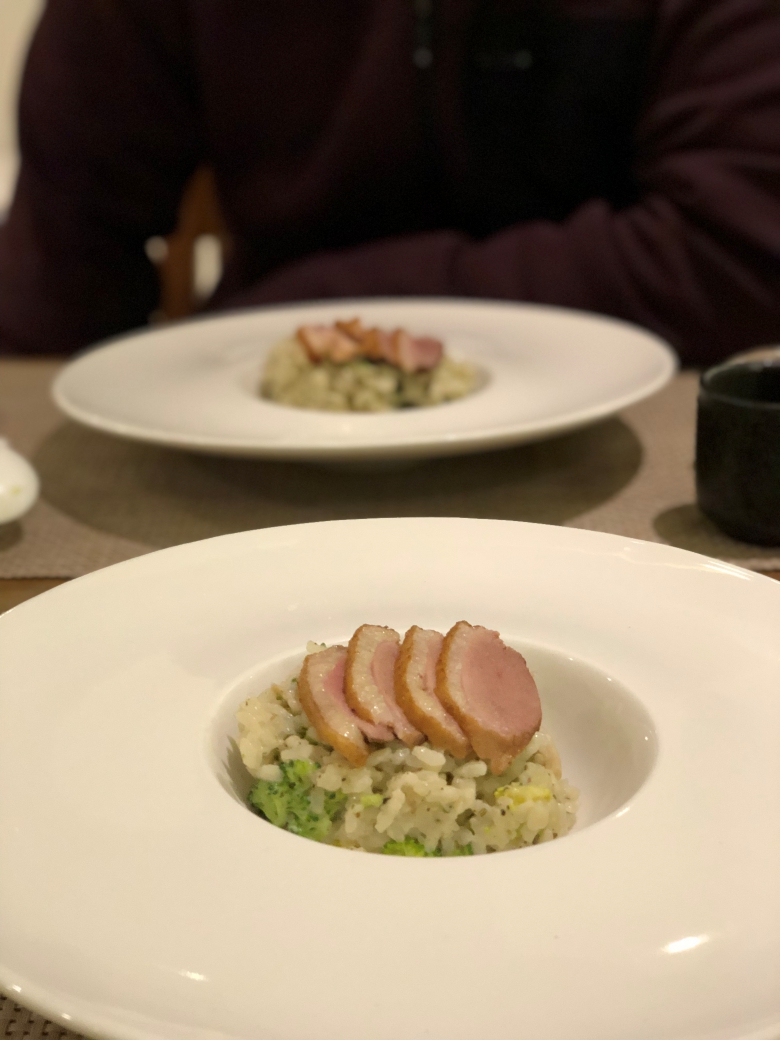
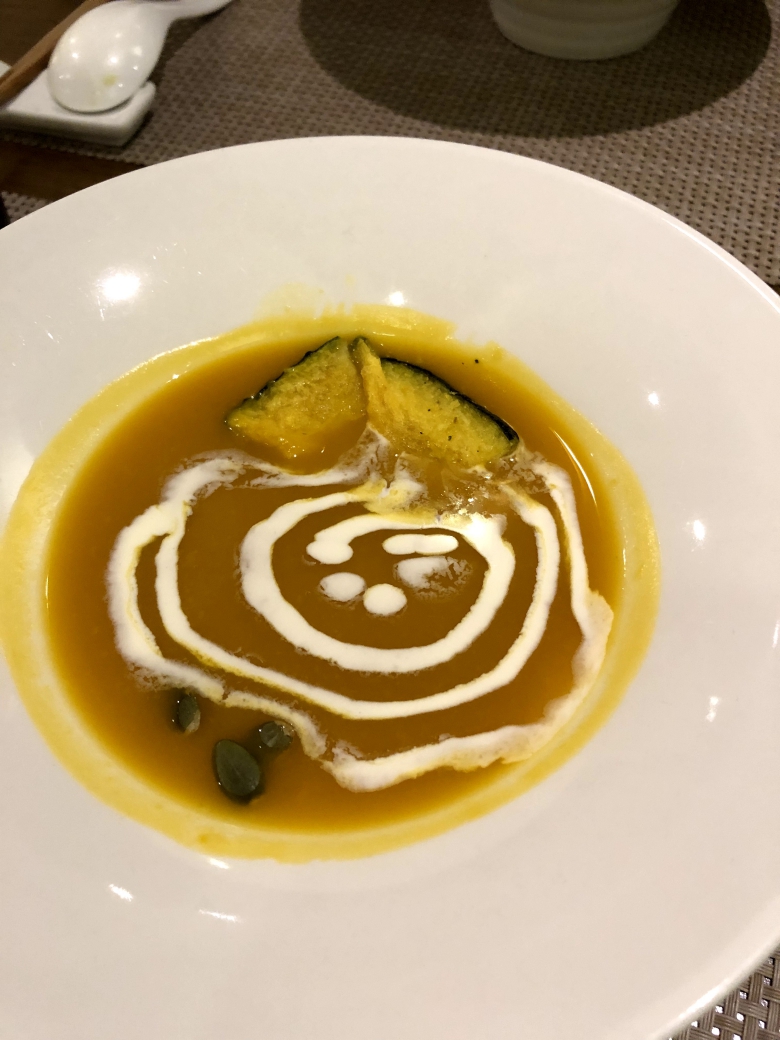
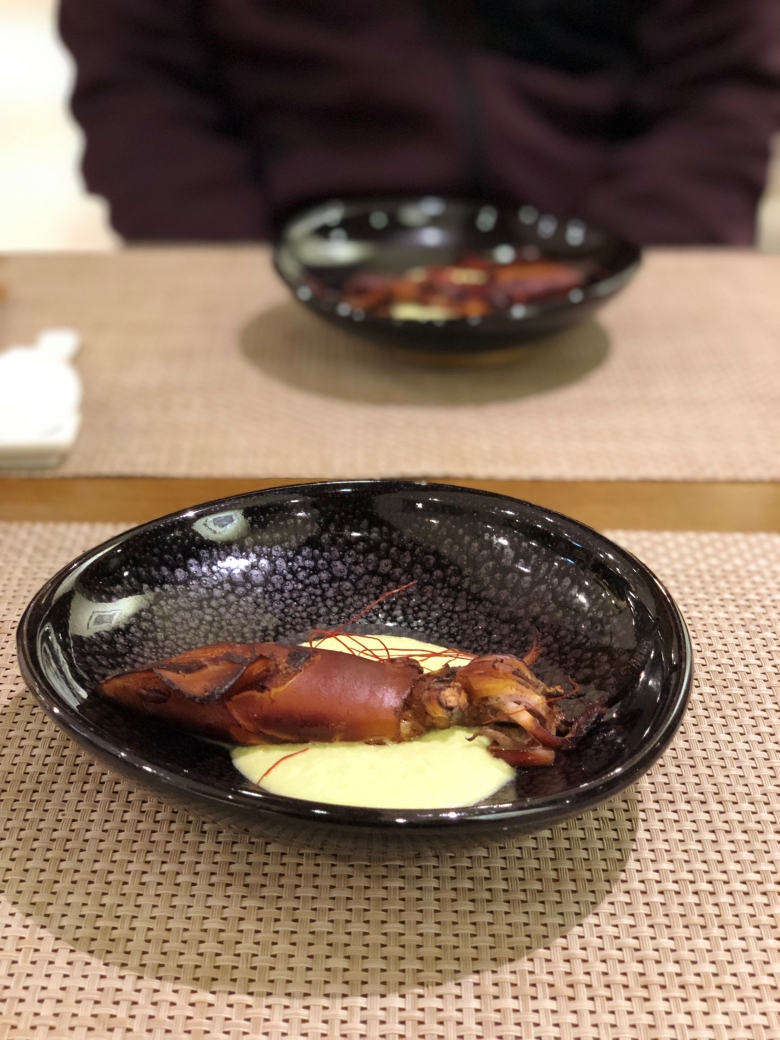
We slept soundly that night in our peaceful rooms that overlooked the mountains. The sound of raindrops against the glass doors of our balcony sent us into a deep slumber, and we awoke to the sound of birds chirping. Our experience at the Adagio brought us closer to nature, the local community, and our innate appreciation of the artistic expression, felt through our five senses at a slow tempo. (Read more: Jiufen, Jinguashi, & Shuinandong- Exploring the History and Scenery of Three Attractive Tourist Towns in Northeast Taiwan)
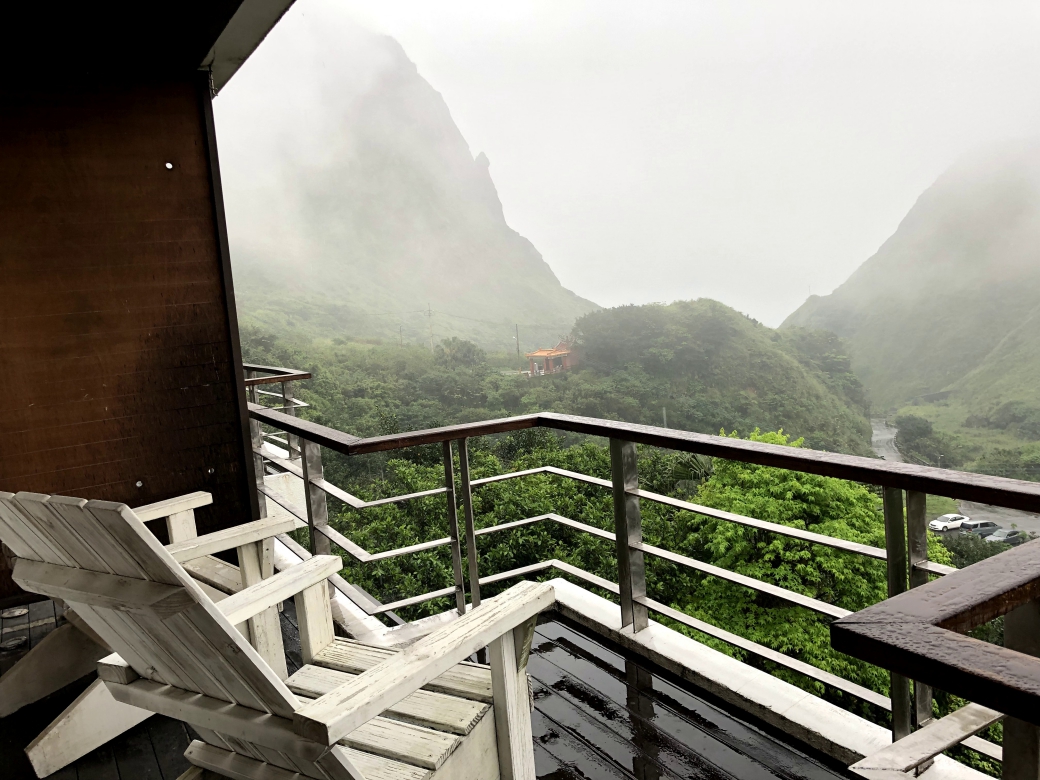
Interested in this charming northern town in Taiwan? Check out Jiufen and Pingxi Day Tour for more!
Read more: Remembering Taiwan’s Kinkaseki POW Camp on Tomb Sweeping Day


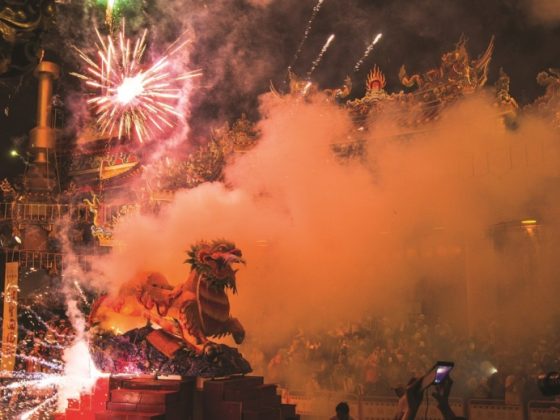









Comments are closed.